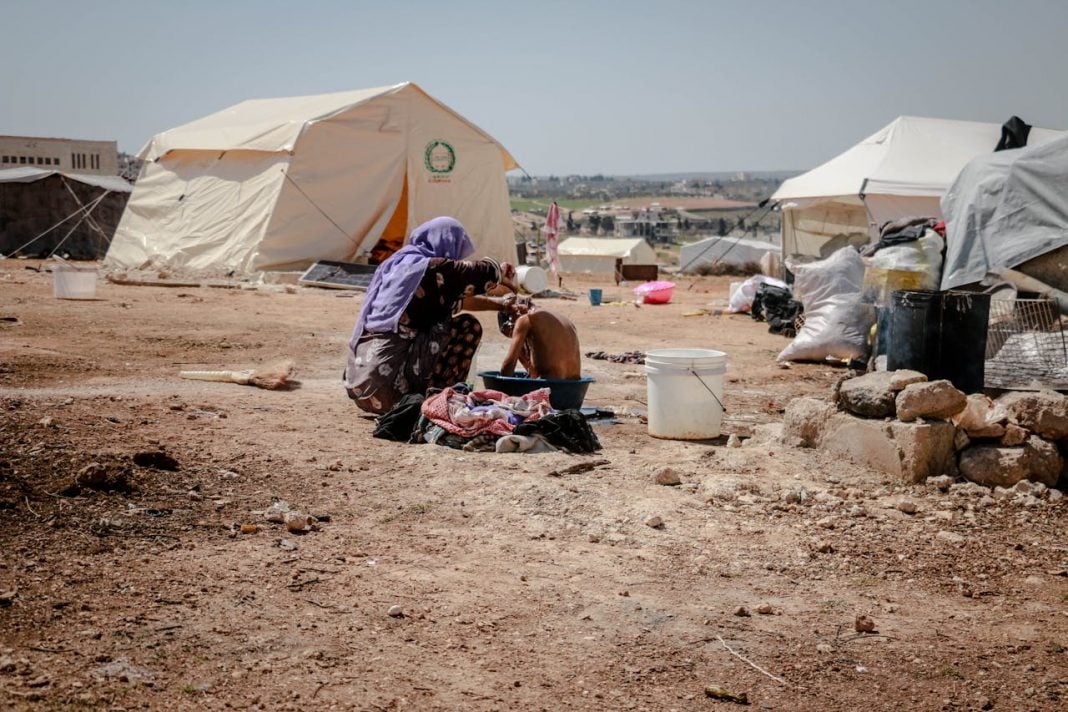INTERNATIONAL: A subsidy failure at the United Nations World Food Programme (WFP) has resulted in an overall deferral of food assistance for one million evacuees in Uganda, leading to the mounting worries of starvation, discontent, and compulsory returns to war-ravaged homelands. As reported by The Guardian, the WFP publicised this week that it had no choice but to cut all food provisions for a substantial percentage of Uganda’s refugee population, quoting a $50 million gap which is needed immediately to sustain operations.
Uganda, hosting Africa’s biggest refugee population—1.8 million individuals, including 60,000 new arrivals since February—is now on the verge of collapse. Malnutrition rates in refugee response centres have exceeded 15%, with some food consignments already decreased by up to 80% before the full deadline. “Due to severe funding shortages, @WFP_Uganda has cut 1 million refugees entirely off from food assistance,” the agency confirmed on social media.
Aid cuts, protests, and political strain
The predicament is ingrained in bottomless global subsidy cuts, particularly from the US and the UK. Uganda’s Minister for Refugees, Hillary Onek, directly held US President Donald Trump responsible owing to his aid restrictions and also mentioned decreases in European donations. “Aid can’t be depended on anymore,” Onek said, warning about unavoidable outcomes. “We don’t know how we shall overcome that impending confusion.”
The subsidy breach has triggered dissent and demonstrations outside Uganda’s boundaries, including Kenya’s Kakuma refugee camp, where food deficiencies prompted skirmishes between evacuees and law enforcers. In the meantime, the UNHCR has initiated a $44 million petition to fund tens of thousands of new Congolese refugees projected to arrive in Uganda in the coming months.
Hunger, desperation, and the threat of forced returns
For refugees already residing in expansive camps like Bidi Bidi, the condition is desperate. Simon Okello, a South Sudanese refugee, depicted an ugly picture: “We have been surviving on food rations and coupons. How are we going to get food to eat now? People will starve and die.”
With only 46% of the Uganda Refugee Response Plan subsidised in 2024, bureaucrats are currently thinking of involuntary deportations for refugees from comparatively stable countries. “We should change our policies and make sure we force them to go back to their homes and leave us alone,” Onek recommended, signifying that cabinet negotiations are in progress.
Human rights activists and supporters warn that such moves would encroach upon transnational standards. “My fear is that host countries like Uganda may be forced to become radical and reverse their otherwise good policies in hosting refugees,” said Dismas Nkunda of Atrocities Watch Africa.
As hunger intensifies and hope weakens, Uganda’s refugee disaster has become an acid test for worldwide commitment to philanthropic values.
Is the world responding, or turning its back?

